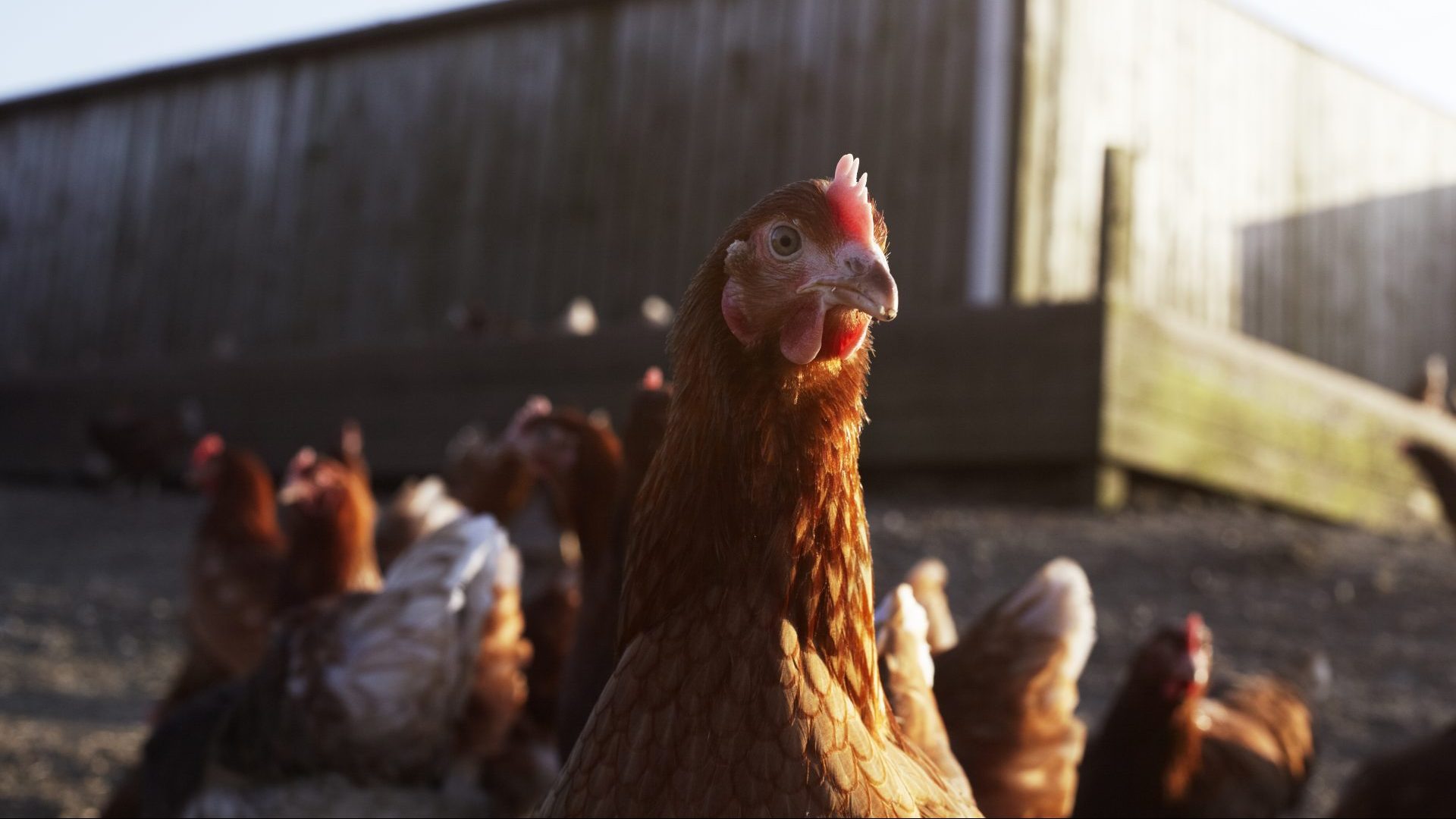“I will always back British farmers,” tweeted, or X-ed, Rishi Sunak yesterday to mark 24 Hours in Farming, the agricultural industry’s annual online event. “This #Farm24 I pay tribute to their dedication which keeps shelves stocked and food on our tables.” The accompanying picture showed the prime minister in a field, gazing at cows.
The inevitable Father Ted responses aside (“These are small, but those are far away”) – plus the fact that the world and his wife know Sunak is in fact not in a British field but in California – the words must have tasted bitter to the farming community. Because few industries have been harmed more by Sunak’s government and its dedication to the hardest of Brexits.
Firstly, one of the reasons agriculture minister George Eustice gave for backing Brexit when he launched the pro-Leave Farmers for Britain in 2016 was it would mean leaving the much-derided Common Agricultural Policy, designed to support the farmers who keep Europe fed.
The policy doles out two kinds of subsidy payments. Most of its money goes on supplementing farmers’ incomes so they can improve production, and a much smaller proportion on funding positive environmental action. Post-Brexit, the UK government replaced this with a scheme under which most of the money is spent rewarding environmental improvements. Improving soil quality, creating new hedgerows and planting more trees are all laudable, but beyond the scope of some farmers. Subsidies for many farms have been slashed as a result.
Chris Short, associate professor in environmental governance at Gloucestershire University’s Countryside and Community Research Institute, told The New European earlier this year that the subsidy schemes were so complex and the paperwork so demanding that many farmers would not apply. “The consequence of that,” he warned, “is that in effect the Treasury will see that farmers are not interested and that the £2.4bn that has been allocated up to 2024 will be re-allocated elsewhere.”
Secondly, the government, in its desperation to be seen signing trade deals post-Brexit, have rushed through agreements which proactively harm British farmers. The new deals that have been most touted by ministers include agreements with Australia (estimated to increase UK GDP by 0.08% or £2.3bn a year by 2035) and New Zealand (anywhere between 0.01% and -0.01%), and both of these are decidedly more beneficial to the Antipodean nations than to Britain: New Zealand commentators expressed incredulity the UK would agree to a deal that amounted to a “free for all” for New Zealand’s farmers.
In short, the small family farms which are the lifeblood of many rural communities cannot compete with the sheer scale of the Australian industry, where farms can have as many as 40,000 cows, compared with what the National Farmers Union (NFU) says is an average of 30 in the UK.
And thirdly, Sunak’s boast comes in literally the same week that his government yet again postponed post-Brexit checks on fresh farm produce coming to the UK, giving a free pass to continental rivals while all fresh food exports from the UK to the European Union still face checks. Health certification on imports of “medium-risk” products were due to start in October with physical checks beginning in January 2024 but are now widely expected to be kicked into the long grass until after the general election. Nick von Westenholz, director of trade at the NFU, said yesterday any further delay would exasperate many farmers, who face barriers for their exports which are not put on imports from overseas.
So while Sunak’s social media team tweet away as the prime minister holidays on America’s west coast, the farming community he lauds deals with a triple whammy from his government. The Brexit benefits for farmers are, like for so many others, both small and far away.










